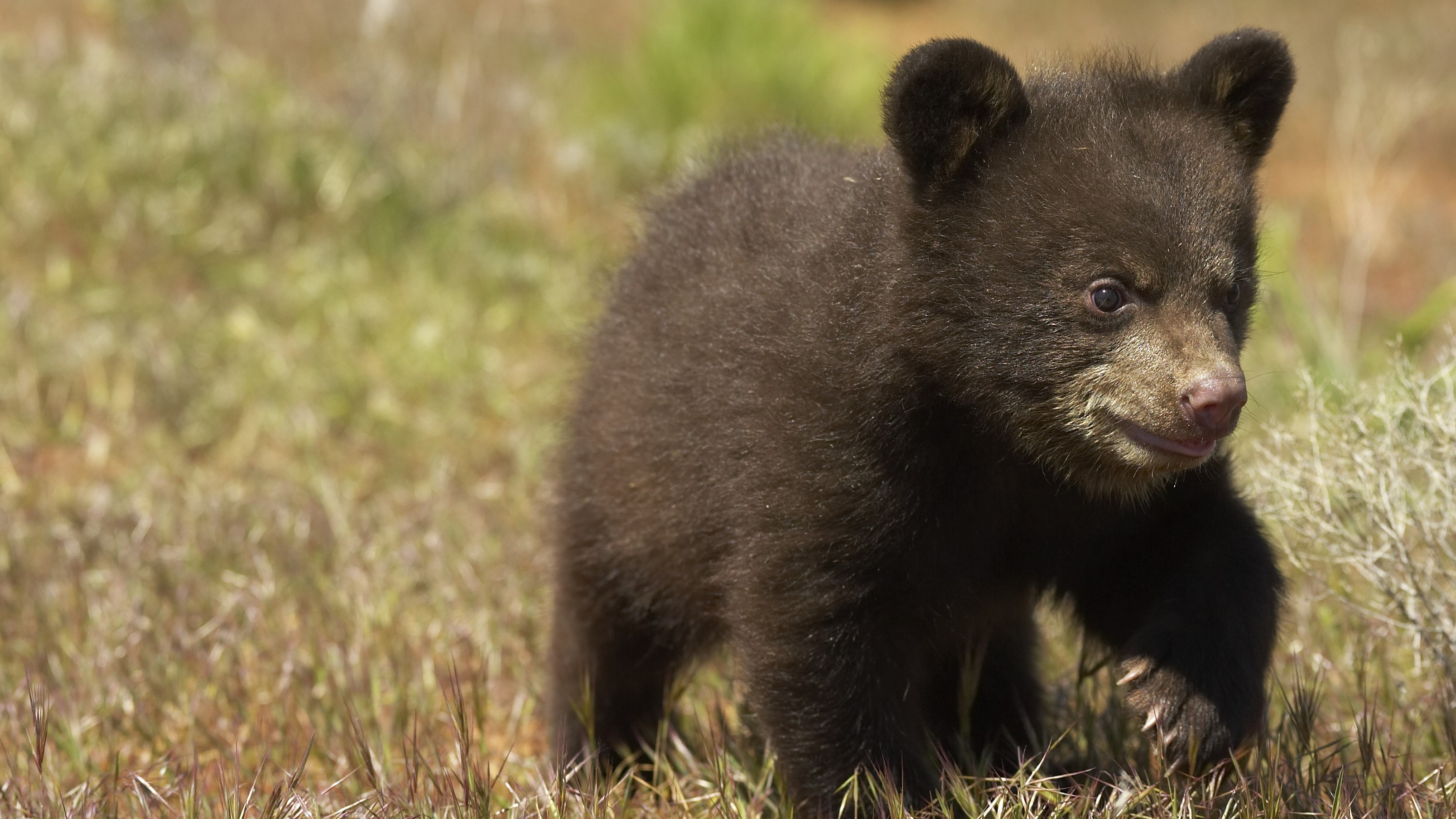
A wildlife official has said people have blood on their hands after they ignored warnings and continued to hand-feed a black bear cub for several weeks, resulting in the animal losing all natural wariness around humans. The bear had become so used to human contact, authorities in Cottage Grove, Oregon, ultimately decided to capture and euthanize the young animal for public safety.
Some local people, who had seen the bear wandering around the neighborhood since early March, had hoped that it might be relocated, but biologist Christopher Yee of the Oregon Department of Fish and Wildlife explained to local outlet KEZI 9 News that this is rarely effective as bears have a keen homing sense that allows them to find their way back over distances of over 100 miles.
"If you relocate the animal depending on how far you take it… most of them find their way back to the site of capture," Yee told reporters. “We had one bear years ago that was taken from Corvallis [and] put in the Diamond Peak Wilderness. It found its way back in three weeks."
Some people had been feeding the bear from plates and even trying to touch it. When state police were called by a resident who found the animal on their porch on Monday night, troopers found it was "completely habituated and not afraid of humans".
Keeping wildlife wild
It comes as a sad but timely warning to take care and keep wildlife wild as bears wake from hibernation and hiking season kicks off in earnest. It may be tempting to try and help hungry animals by sharing food, but ultimately it can do more harm than good.
The National Park Service (NPS) explains that human food can be bad for wild animals' health, may lack the nutrients they need, and being fed by people can stop them seeking out their natural diet.
Being in regular close contact with people can also cause them to lose their fear of people, but that doesn't mean they are tame or safe to be around.
All the latest inspiration, tips and guides to help you plan your next Advnture!
"Because they approach you (and because they’re so cute!) people might think the animals are tame like our pets at home, but they are still wild creatures," explains the NPS. "If the animal feels threatened for any reason, it could bite, kick, charge, or attack you."
Feeding animals in US National Parks is illegal, and the maximum penalty is a $5,000 fine and up to one year in jail.
"Some people took it seriously but, in the end, we had to put the animal down," Yee said after the cub was put down this week. "The blood is on the hands of the people that were feeding that bear."

Cat is Homes Editor at TechRadar and former editor of Advnture. She's been a journalist for 15 years, and cut her teeth on magazines before moving online. She helps readers choose the right tech for their home, get the best deals, and do more with their new devices.
